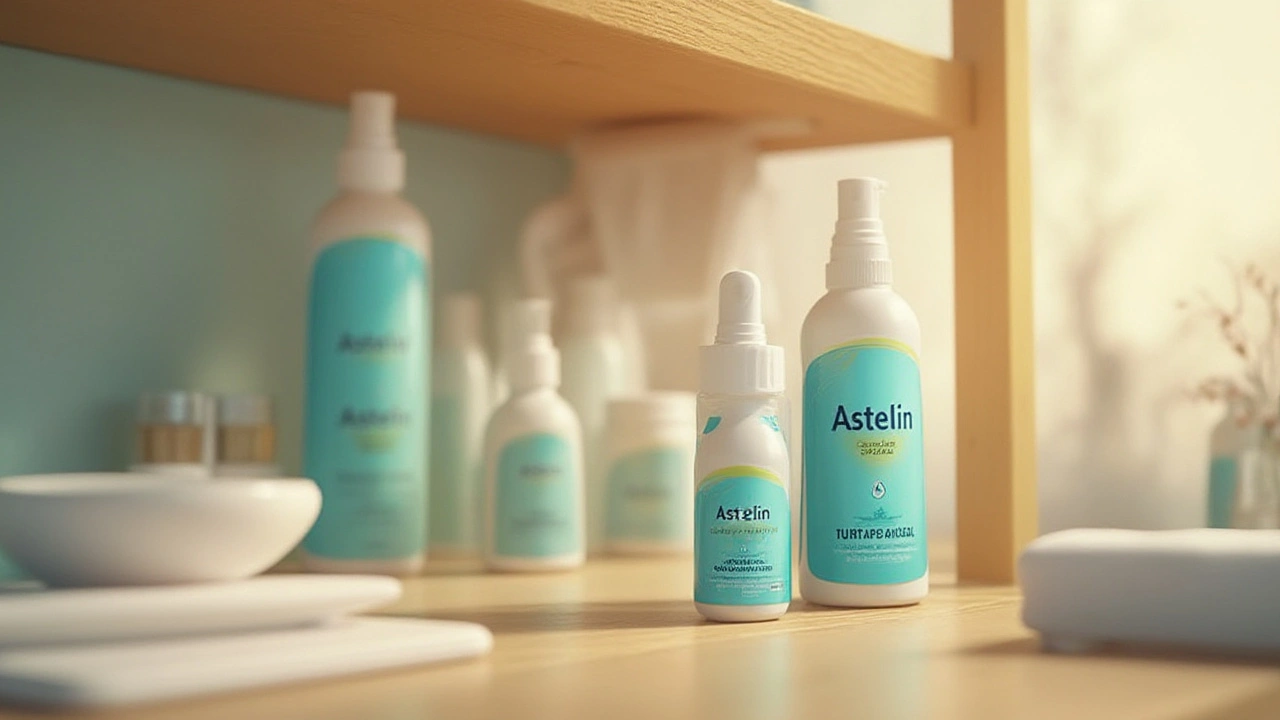Allergy Relief: Practical Tips, Fast Options, and When to See a Doctor
Allergies can hit hard and fast. If you need relief now, start with the simplest options: an oral antihistamine for sneezing and itch, a fast-acting nasal spray for congestion, and allergy eye drops for red, watery eyes. Those three cover most daytime symptoms and are available over the counter. Pick a non-drowsy antihistamine if you must stay alert; diphenhydramine works fast but makes many people sleepy.
For nasal congestion, a short course of a nasal decongestant spray helps, but use it no longer than three days to avoid rebound congestion. Saline nasal rinses are safe and effective every day — they clear pollen and mucus without drugs. Using a cool-mist humidifier at night can ease breathing and soothe irritated nasal passages.
Daily routines that cut your symptoms
Change your habits to lower exposure. Shower and change clothes after spending time outdoors to get pollen off your skin and hair. Keep windows closed during high pollen times and run air conditioning with a clean filter. Wash bedding weekly in hot water and use allergen-proof pillow and mattress covers if dust mites are a problem. Vacuum with a HEPA filter and remove carpets if you can — hard floors are easier to keep allergen-free.
Stronger options and long-term fixes
If OTC steps aren’t enough, prescription choices include steroid nasal sprays, combination antihistamine-decongestant pills, and leukotriene inhibitors like montelukast. For persistent or seasonal allergies, allergy shots or sublingual immunotherapy can reduce sensitivity over months and sometimes years. Those treatments change your immune response and cut symptoms over time rather than just masking them.
Be careful mixing medicines. Some herbal remedies and cold medicines contain ingredients that boost drowsiness or raise blood pressure. Tell your pharmacist or doctor about what you take, especially if you have high blood pressure, are pregnant, or manage other conditions. A pharmacist can recommend a safe OTC plan and spot interactions fast.
Plan ahead for travel and busy seasons. Pack extra antihistamine, eye drops, and a small saline spray. If you have asthma along with allergies, keep your inhaler handy and have an action plan for wheeze or shortness of breath. Extreme swelling around the face, throat tightness, or difficulty breathing needs emergency care — call emergency services right away.
Want to avoid unnecessary costs? Compare prices at trusted pharmacies and watch for generic options — they work the same for most allergy meds. If you order online, use a reputable pharmacy with clear contact info and valid pharmacist support. Cheap prices are tempting, but safety and legal prescriptions matter.
Allergy relief is a mix of quick fixes and steady habits. Use fast-acting tools for immediate comfort and build better routines to cut symptoms long term. If you’re still struggling despite sensible steps, see an allergist — testing and tailored treatment can make a big difference.
For kids, seniors, and pregnant people, ask a doctor before starting new allergy medicines — doses and safety differ by age and health and treatment needs.


